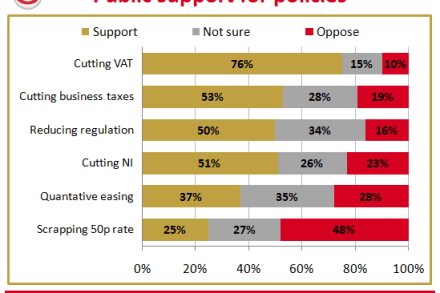Cameron announces that Parliament will be recalled
So far as its tone went, David Cameron’s statement just now was firm and unyielding. He did express his sympathy for the victims of the riots; the emergency services, the shopkeepers, the fearful. But the major emphasis was on bringing the culprits to book. His “clear message” for the perpetrators of this destruction was that “you will feel the full force of the law”. He preceded that by describing their actions as “criminality, pure and simple — and it has to be confronted and defeated”. There were no excuses nor prevarications, and rightly so. As for the content, it seems that the government is eager to keep this a police



















